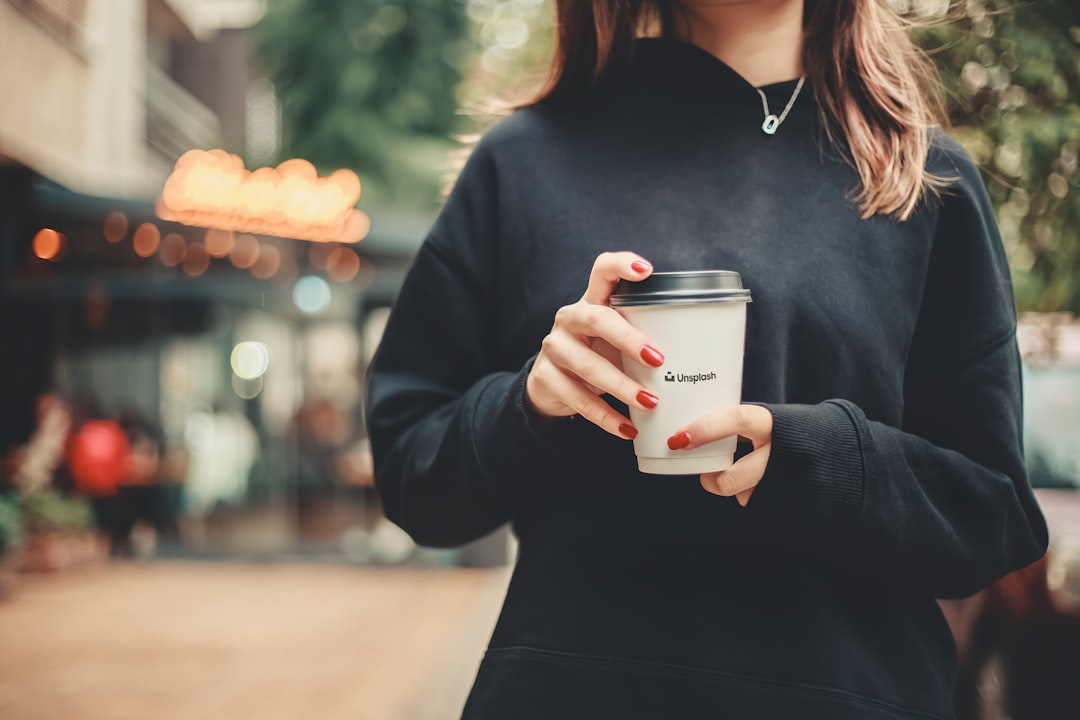Senate Committee Submission
On the establishment of a COVID-19 Royal Commission
Yesterday, I gave evidence to the Australian Senate Legal and Constitutional Affairs Committee on its inquiry into the establishment of a Royal Commission to look into government responses to COVID-19. I submitted that it was necessary to have a Royal Commission involving both the Federal government and the States, into government responses to the pandemic.
The heavy-handed response in Victoria eroded our state capacity, and it was unduly draconian. Among other things, in Stage 4 lockdown, we were prevented from travelling more than 5km from our home and had strictly enforced curfews. There were harsh fines for breaking the rules.
I remain concerned by the ways in which the laws had a particularly deleterious effect on the most vulnerable in society. Also giving evidence at the same time as me was Ms Samantha Lee, from the Redfern Legal Centre. She spoke of an intellectually disabled sixteen-year-old, known by the police to have this disability, who was fined three times for breaches of lockdown laws, just outside his home.
The circumstances which gave rise to my submission (No. 44, lucky second last) arose in relation to an instance of police overreach which occurred to me on 9 September 2020, when my mother and I were stopped by police, and given a “move along” order, when I was taking exercise to ensure that my medical treatment for cerebral palsy was effective.

There was no legal basis for the assertion that I was not allowed to pause while drinking a cup of coffee. Nothing in the Directives as at that date prohibited it. Moreover, there was a defence of “reasonable excuse”, which my mother and I would have been able to claim, had we gone to court.
However, we did not want to be subject to an exorbitant fine. While I might have relished the opportunity to fight it in court—former litigator here—my parents are retired and not lawyers. They would find the experience of fighting a fine in court immensely stressful. So we began to walk, as directed.
Ms Lee said in her evidence that, in New South Wales, they are still trying to obtain restitution of fines which were imposed illegally, including on children. All of the witnesses in my session said that Indigenous people, people from low socio-economic backgrounds, elderly people and disabled people had been disproportionately affected by legal measures designed to enforce lockdown.
As a Victorian, I still cannot get over the public housing tenants who were quarantined in towers in July 2020, with no warning, and were not allowed to leave to get groceries or nappies for their children. I honestly don’t care about the politics of a government which behaves like this. It’s simply not on. The Victorian Ombudsman’s report was damning. The lockdown seemed to have been a surprise to most of the government.
We need a Royal Commission to reflect on what Australian governments did right and what they did wrong. It is clear that there was a lack of transparency and parliamentary oversight, which resulted in administrative overreach.
There was also a lack of understanding of what the law required. I don’t blame the policeman who told me to move on. The law was changing extremely rapidly and was unclear. It was difficult to know what was and what was not allowed, for everyone concerned, and not everyone is a law professor.
It is also clear that, as several Senators observed, governments reached for coercive measures. However, as I have noted elsewhere, if the law is used in an unfair way, it tends to lead to an erosion of state capacity: in other words, a rise in distrust of government, police and the law. I had previously been proud of Australia’s immense state capacity. In their evidence, the representatives for Civil Liberties Australia produced startling figures regarding the rise in distrust of government since the pandemic.
I believe trust can be restored, but I also believe that we have to work at repairing it, hence the need for a Royal Commission, and the need to learn lessons from that. I am really grateful to the Senators for inviting me to give evidence and for the questions they asked yesterday.
Updated to add video of my testimony from 1hr 17mins, feat. my schoodle Calcifer in the background. He makes several appearances.



I'm struggling to think of anything the Victorian government did right, Katy.
Agree with this so much. In the Jewish community there is still enormous distrust of the police after the incredibly draconian way they enforced the restrictions. One rabbi I know had six (!) police cars stationed outside his house for a festival. He can barely walk and there was no prayer service happening inside. In my Shule we had police drive by and stop “just to have a chat” when we were acting on the direct recommendations of what was at that point called dhhs. Needless to say many of our congregants saw them on the corner and literally turned around and didn’t come. Other people were told that they weren’t allowed to pray outside on their own driveways (on their property) and that they had to be physically inside the house or face fines. The trust has been further eroded by their anaemic response to the latest incidents of antisemitism. There is a lot do work to be done to restore trust here.